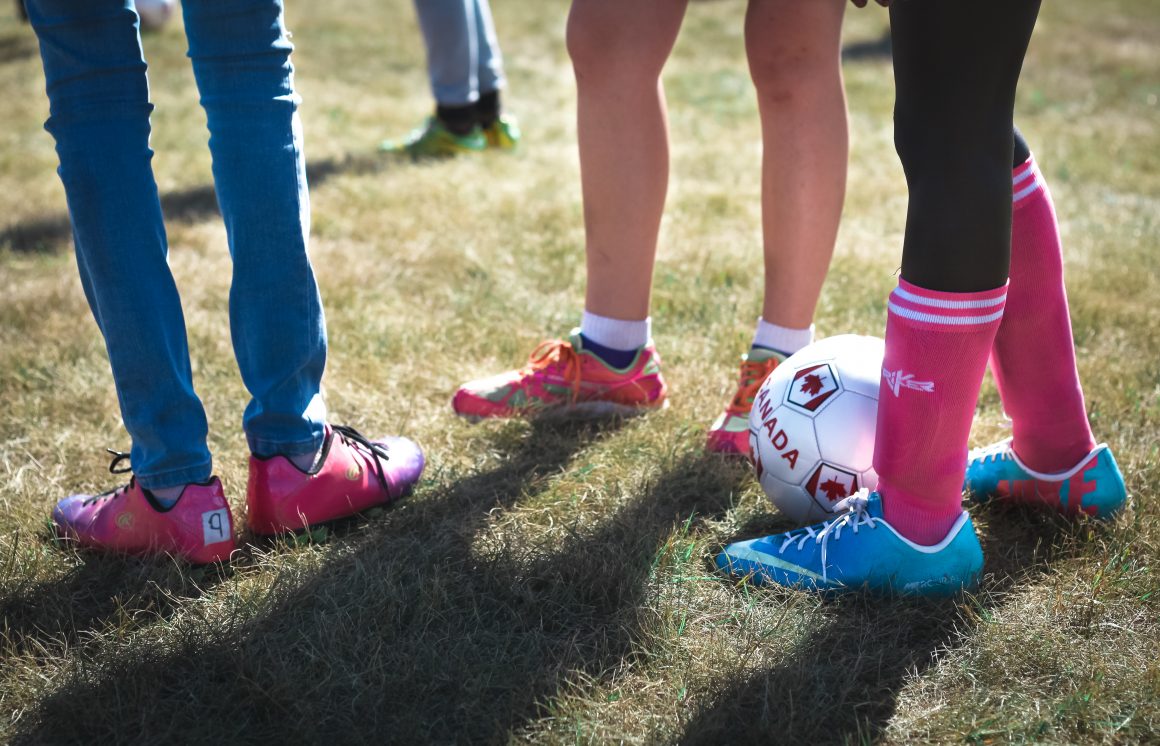
U Sports announces transgender inclusion policy for varsity athletes
By Kristy Koehler, October 19 2018 —
On Sept. 26, U Sports announced its new transgender inclusivity policy for student athletes. The policy states that athletes at any of the U Sports 56 member universities “will be eligible to compete on the team that corresponds with either their sex assigned at birth or their gender identity, provided that the student-athlete complies with the Canadian Anti-Doping Program.”
The policy adds that it does not require that athletes undergo hormone therapy “in order for them to compete in the gender category that is consistent with their gender identity.”
Additionally, student athletes are only eligible to compete on teams of one gender in any academic year — an athlete may not compete on a men’s team in the fall semester and a women’s team in the winter semester, or vice versa.
The policy has been many years in the making and the Canadian Centre for Ethics in Sport (CCES) was an integral part of its formation. As early as 2007, CCES began the foundational work for the policy, along with Sport Canada, AthletesCAN and the Canadian Association for the Advancement of Women and Sport and Physical Activity (CAAWS). Together, these groups conducted an inquiry — the first of its kind in Canada — on trans inclusion in sport.
In 2012, CCES released a document called “Sport in Transition: Making Sport in Canada More Responsible for Gender Inclusivity.” Then, an expert working group convened and their findings led to the 2016 release of a report titled “Creating Inclusive Environments for Trans Participants in Canadian Sport.”
The U Sports policy was guided by that report, and Paul Melia, President and CEO of CCES is pleased with the outcome.
“The CCES is pleased with the inclusive nature of the new U Sports trans-inclusion policy,” Melia said in a statement. “It offers student athletes the opportunity to compete in sport in the gender with which they identify and ensures that athletes don’t have to choose between sport and living as their authentic selves.”
The caveat to this inclusion policy is that athletes who choose to undertake a transition that involves hormone therapy are still bound by the World Anti Doping Agency (WADA) standards for prohibited substances. Due to WADA’s stringent rules on the permissible levels of testosterone in the body, as well as other hormones that may be used for transition, these standards are especially prohibitive for athletes opting for hormone therapy. Athletes can apply for a Therapeutic Use Exemption but it is unclear how many of these applications are actually approved.
The University of Calgary’s athletic director Jason Kerswill says he is very supportive of the policy.
“It’s even more progressive than the IOC [International Olympic Committee] which is something that I think we should be proud of,” said Kerswill. “I’m hoping that if we do have trans athletes who want to participate, they feel free to come in here and talk about what that looks like for them and we’ll be extremely supportive.”
Kerswill hopes for some more information and tools from U Sports to help athletic directors across the country work through any potential issues, especially where it pertains to being able to give athletes correct information regarding anti-doping standards. Kerswill wants to make sure that all athletes are eligible to compete for the Dinos.
“We’re encouraging them to contact CCES and to have those discussions and take it from there,” Kerswill said.
Several universities, including McGill and the University of Saskatchewan, have also expressed their solidarity with the policy and their intent to abide by it.
